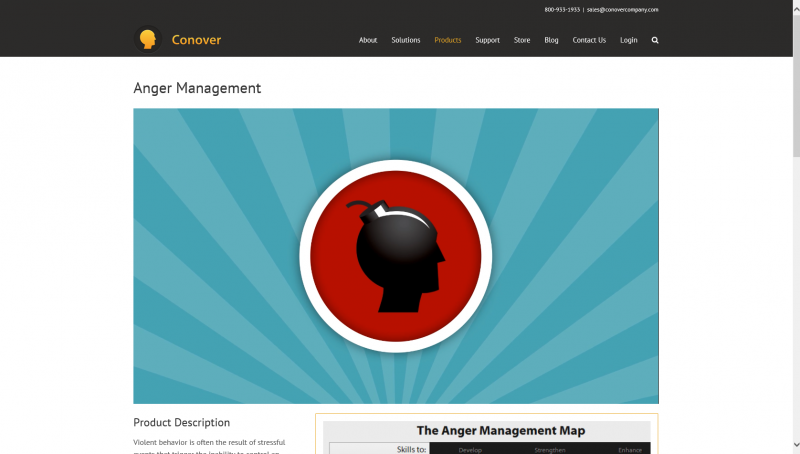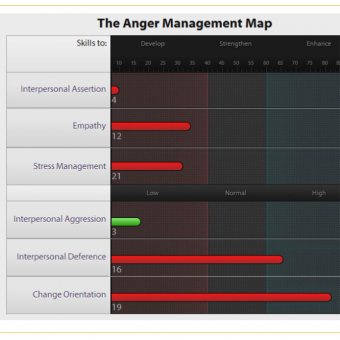
Recently the U.S. Department of Education sent guidance from the director of the Office of Special Education Programs, Ruth Ryder, to all public schools stating that schools are required to provide positive behavioral supports to students with disabilities. One major reason these supports are needed is because these students frequently possess behavioral issues related to anger.
The Problem
According to a recent Harvard Medical School report, “Uncontrollable Anger Prevalent Among Youth”, nearly two-thirds of US adolescents have experienced an anger attack that involved threatening violence, destroying property, or engaging in violence towards others at some point in their lives. Their research finds that severe attacks of uncontrollable anger are much more common among adolescents than previously recognized, especially students with disabilities.
Identifying Individual Needs in the Anger Management Process
One of the best ways to identify individual personal needs in the anger management process is to use an evidence-based assessment. Not just any assessment, but one that focuses on developing a healthy personality outside of anger and violence. The Anger Management Map™ is such an assessment. The focus of the assessment is on the social/emotional needs involved in the anger management process. The scales in the assessment correlate to positive intervention and the supports needed to help overcome anger and violence. Our new Anger Management Program provides an evidence-based assessment that is connected to a skill intervention system providing positive behavioral supports targeting the management of one’s anger.
The Solution
We are proud to announce the release of our evidence-based Anger Management Program as part of our Conover Online system. It consists of an assessment component which is linked to skill intervention components.

Begin with The Anger Management Map consisting of six key social/emotional scales, all related to the anger management. They are:
Interpersonal Assertion–indicates how effectively individuals use direct, honest, and appropriate expression of thoughts, feelings, and behaviors when dealing with others. It indicates the degree to which one is able to be direct and honest in communicating with others without violating their rights.
Interpersonal Aggression – the degree to which communication styles violate, overpower, dominate, or discredit another person’s rights, thoughts, feelings, or behaviors. High interpersonal aggression is related to personality characteristics of rebelliousness, resentment, and oversensitive response to real or imagined affronts.
Interpersonal Deference – the degree to which communication style is indirect, self-inhibiting, self-denying, and ineffectual for the accurate expression of thoughts, feelings, and behaviors. High interpersonal deference is related to the personality characteristics of apprehensiveness, shyness, and over-sensitivity to threat or conflict.

Empathy – indicates individuals’ abilities to sense, understand, and accept another person’s thoughts, feelings, and behaviors. A strong sense of others’ feelings and emotions is a key element to anger management. Empathy is a primary characteristic of skilled communicators. Persons with strong empathy tend to be sociable and outgoing.
Stress Management – skill in managing stress and anxiety. Anger that results in violence is usually triggered by a stressful event that is not appropriately managed. Persons with skills in managing stress positively are competent managers of time and are flexible, self-assured, stable, and self-reliant.
Change Orientation – the degree of motivation and readiness for change in the skills measured by The Anger Management Map. A high score indicates dissatisfaction with current skills and a strong conviction of the need to make personal changes.
Upon completion of the assessment, use our skill intervention system for positive behavioral supports to help build healthy student personalities that are free from anger and violence. The skill intervention system consists of the following modules:
- Interpersonal Assertion
- Empathy
- Stress Management
Want more information?
Download our Anger Management brochure or contact us today!
